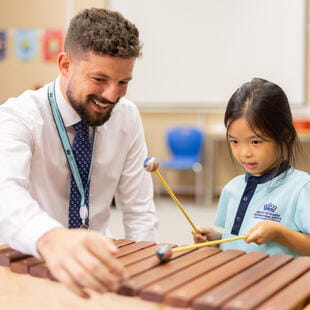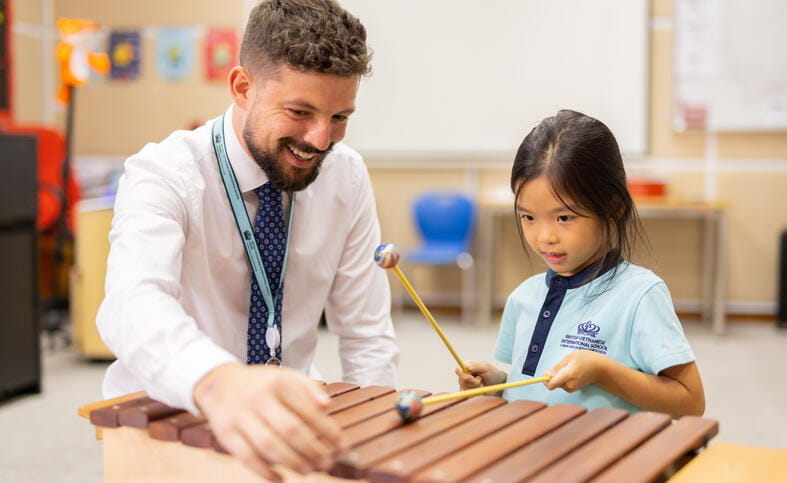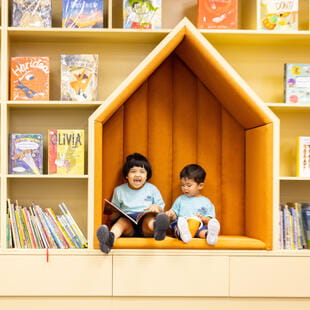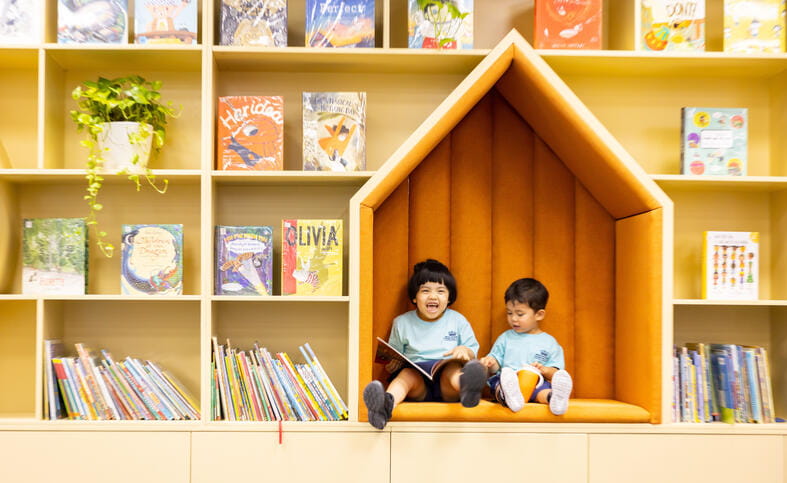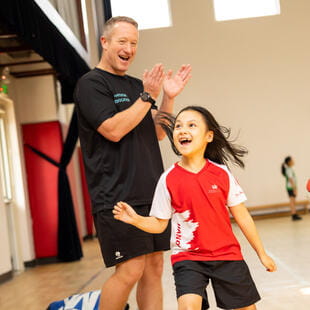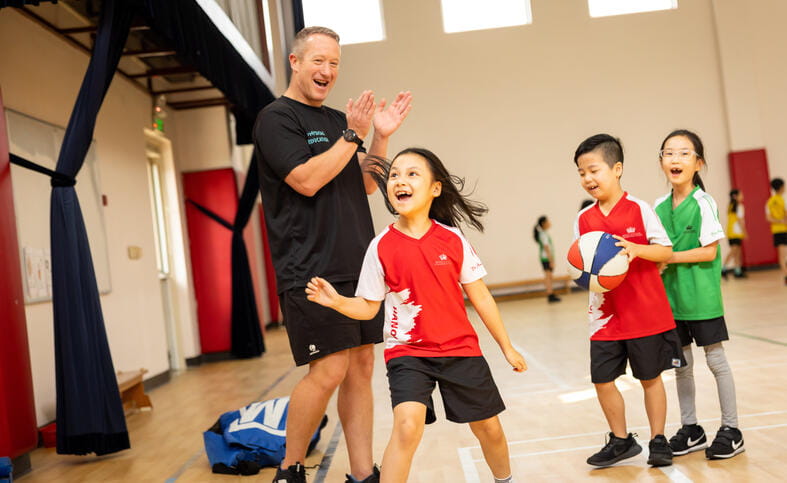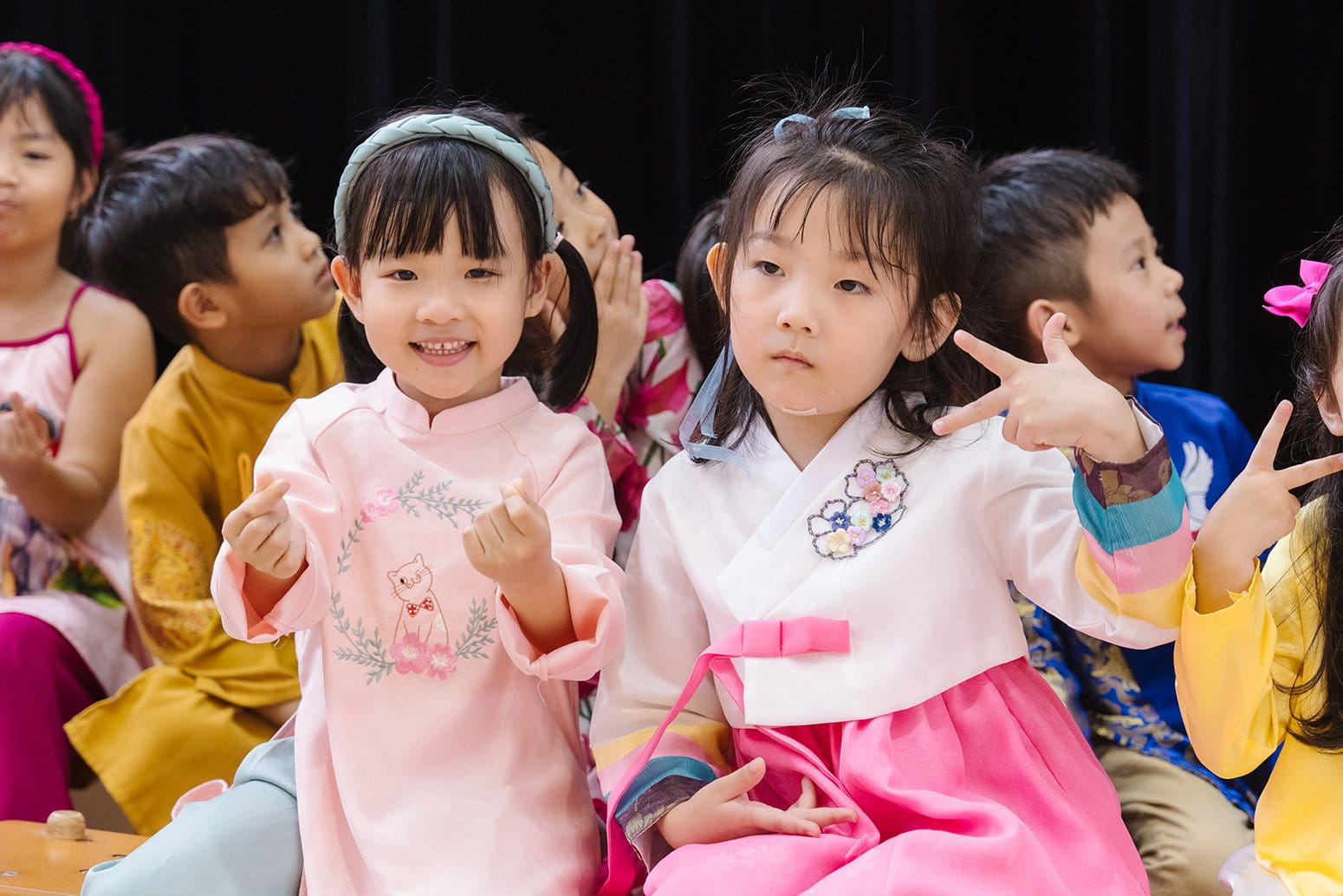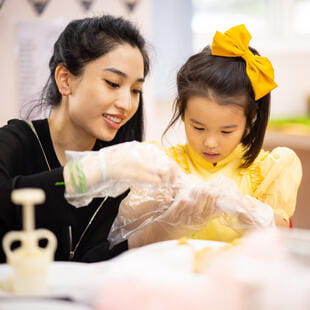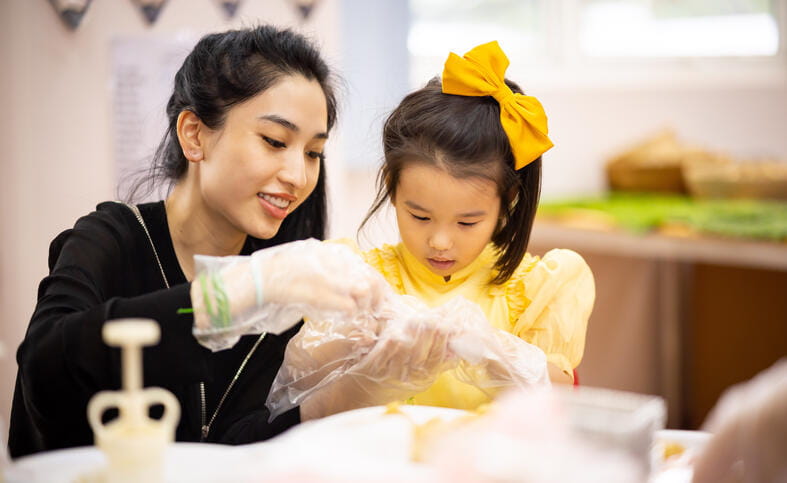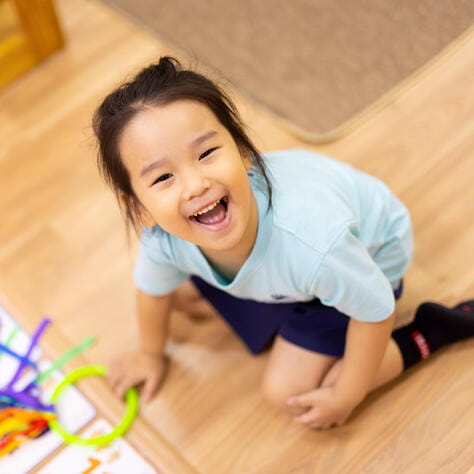Outstanding experiences bring learning to life at BVIS Hanoi. Every day, our students engage with one another and our community, develop new skills while having fun, and connect classroom learning with thrilling real-world experiences.
Our cutting-edge STEAM programme, delivered in collaboration with the trailblazing Massachusetts Institute of Technology (MIT), opens our students’ eyes to the marvels of science, technology, engineering, art, and maths. Channelling their curiosity, creativity, and critical thinking skills, your child will work with their friends to solve real-world problems set by MIT professors.
We’ll also encourage your child to express their creativity through our collaboration with The Juilliard School, the world-renowned performing arts conservatory. Taking part in high quality music, drama, and dance activities, our students showcase their talents and develop a host of transferable skills that set them up for the world stage.
On local, national, and international adventures – including the Nord Anglia Education citizenship expedition to Tanzania and NAE-UNICEF summit in New York – your child will discover the world around them, grow in confidence, and develop a global perspective. Trips to museums and galleries, alongside sporting, cultural, and artistic events through our membership of FOBISIA, create friendships and provide competitive opportunities across the globe.
We also run nearly 100 extra-curricular clubs each term. These include a plethora of sporting activities, such as swimming, football, and basketball, as well as video game design, musical theatre, and cooking. Whatever your child loves to do, our extensive programme will enable them to identify their passions, follow their interests, and even try something new.
We know that children learn best when they’re happy and healthy. That’s why – in everything they do – we make sure our students are cared for, secure, and supported. In 2022, we were awarded the Wellbeing Award for Schools by the National Children’s Bureau and Optimus Education. We’re incredibly proud to be the first school in Vietnam to receive this accolade.












